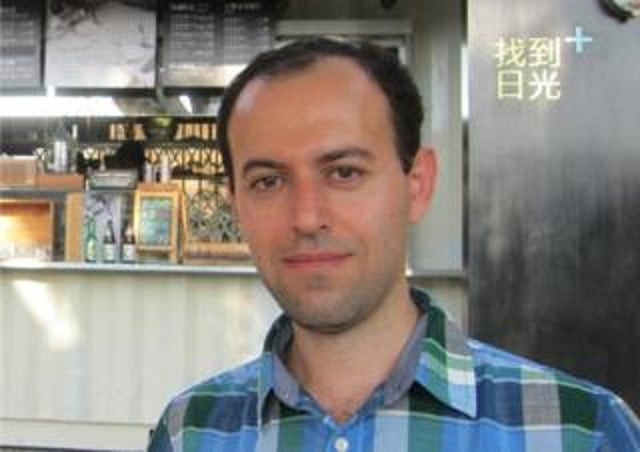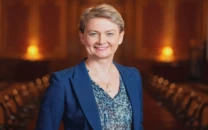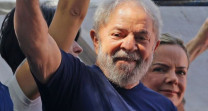Kurdish refugee wins 'Nobel of mathematics' Fields medal
Cambridge University professor Caucher says he hopes that this news puts a smile on the faces of kurdish people

Caucher Birkar was born in Iran but now works at the University of Cambridge. PHOTO COURTESY: UNIVERSITY OF CAMBRIDGE
The laureates were announced at a ceremony in Rio de Janeiro, which became the first Latin American city ever to host the event, staged once every four years.
"I'm hoping that this news will put a smile on the faces of those 40 million people," Birkar, a 40-year-old specialist in algebraic geometry, said, referring to the Kurds.
Born in a village in the Kurdish province of Marivan, near the Iran-Iraq border, Birkar has said: "Kurdistan was an unlikely place for a kid to develop an interest in mathematics."
Three Pakistani students win international acclaim for outstanding space research
But he went from Tehran University, where he recounts having looked up dreamily at portraits of past Fields winners, to get political asylum and citizenship in Britain and establish himself as an exceptional mathematical mind.
"To go from the point that I didn't imagine meeting these people to the point where someday I hold a medal myself I just couldn't imagine that this would come true," Birkar told Quanta Magazine.
The Fields medal recognizes the outstanding mathematical achievements of candidates who were under 40 years old at the start of the year. At least two and preferably four people are honored each time.
Co-winner Alessio Figalli, a 34-year-old Italian mathematician at ETH Zurich, had another unlikely start to academic superstardom, albeit for very different reasons.
"Until high school, his only concern was playing football," the International Congress of Mathematicians (ICM) said in its announcement of the prizes.
That changed after Figalli entered the International Mathematical Olympiad, awakening a fascination for math that today has seen him become a leader in calculating variations and partial differential equations.
Figalli jokes that the one equation still baffling him is how to spend more time with his professor wife.
"I have work for the next 30 or 40 years. But there is one problem I really hope to solve soon: that is me and my wife living in the same city," Figalli said.
As for Germany's Peter Scholze, who was awarded the Fields medal for his work in arithmetic algebraic geometry, he says there'll never be an end to the challenges he faces.
Promoting science: Space tech institute’s summer camp concludes
"There are an infinite number of problems," said Scholze, who is at the University of Bonn and is only 30 years old. "Whenever you solve a problem, there are 10 more coming."
The fourth laureate, Akshay Venkatesh, is an Indian-born, Australian-raised prodigy who began his undergraduate degree in mathematics and physics at the University of Western Australia when he was just 13.
Now 36 and at Stanford University in the United States, Venkatesh specializes in number theory and describes his work in terms more often associated with the artistic fields.
"A lot of the time, when you do math, you're stuck. But you feel privileged to work with it: you have a feeling of transcendence and feel like you've been part of something really meaningful," Venkatesh said.



















COMMENTS
Comments are moderated and generally will be posted if they are on-topic and not abusive.
For more information, please see our Comments FAQ